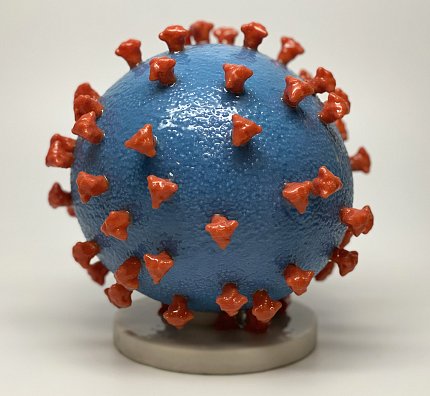Hydroxychloroquine Treatment Does No Harm, but Provides No Benefit

Photo: NIH
A clinical trial to evaluate the safety and effectiveness of hydroxychloroquine for the treatment of adults hospitalized with coronavirus disease 2019 (Covid-19) has been stopped by NIH.
A data and safety monitoring board (DSMB) met June 19 and determined that while there was no harm, the study drug was very unlikely to be beneficial to hospitalized patients with Covid-19. After its fourth interim analysis, the DSMB, which regularly monitors the trial, recommended to NHLBI to stop the study. NHLBI halted the trial immediately.
The Outcomes Related to Covid-19 treated with Hydroxychloroquine among In-patients with symptomatic Disease, or ORCHID study, was being conducted by the Prevention and Early Treatment of Acute Lung Injury (PETAL) Clinical Trials Network of NHLBI.
The data from this study indicate that this drug provided no additional benefit compared to placebo control for the treatment of Covid-19 in hospitalized patients.
The first participants enrolled in the trial in April at Vanderbilt University Medical Center, one of dozens of centers in the PETAL Network. The blinded, placebo-controlled randomized clinical trial aimed to enroll more than 500 adults who are currently hospitalized with Covid-19 or in an emergency department with anticipated hospitalization. More than 470 were enrolled at the time of the study’s closure.
All participants in the study received clinical care as indicated for their condition. Those randomized to the experimental intervention had also received hydroxychloroquine. Participants in the study will now continue to receive standard care and follow-up as indicated for their condition.
ORCHID participants had been randomly assigned to receive hydroxychloroquine 400 mg twice daily for 2 doses (day one), then 200 mg twice daily for the subsequent 8 doses (days 2 to 5) or a placebo twice daily for 5 days.
